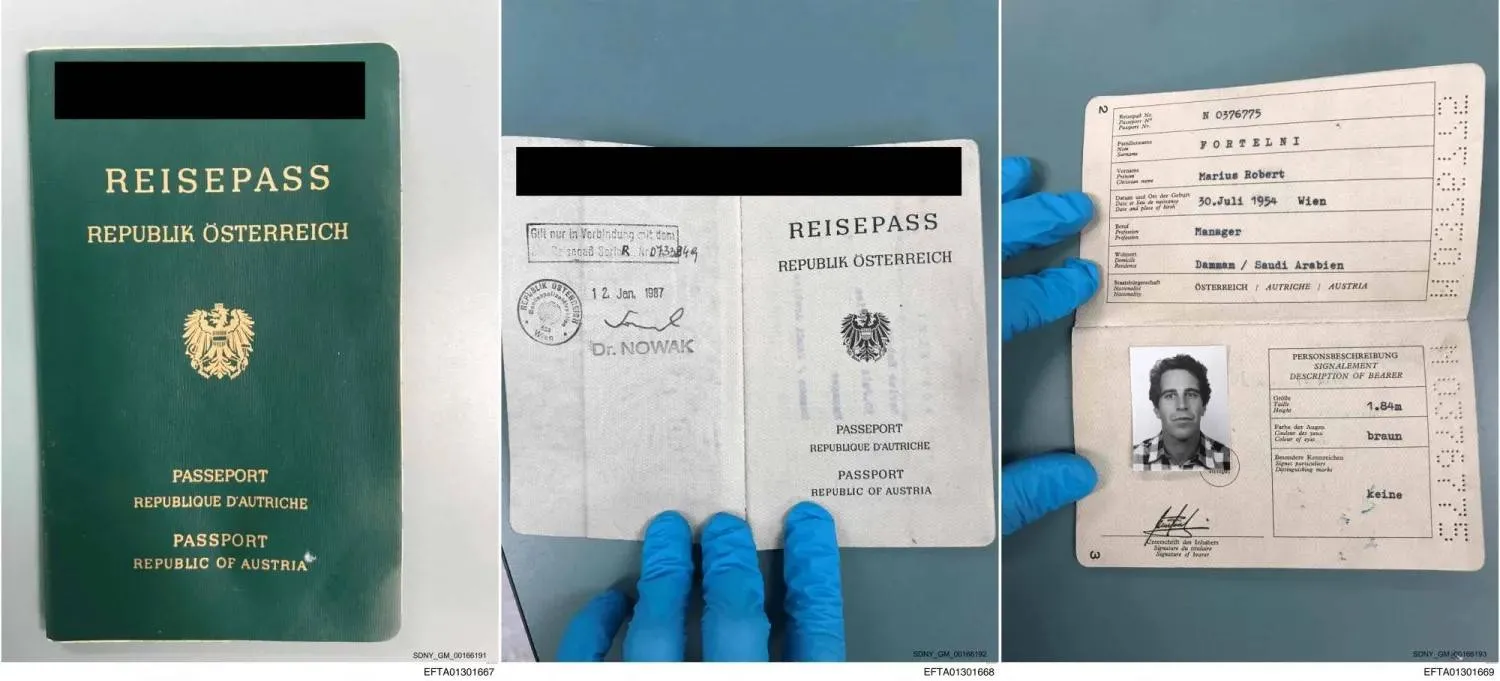Intense forest fires burning around a densely populated area of central Chile have caused at least 46 deaths, Chile's president said Saturday evening, and officials said at least 1,100 homes had been destroyed.
In a nationally televised address, President Gabriel Boric warned that the death toll could worsen as four large fires burn in the region of Valparaiso, where firefighters have struggled to reach the most threatened neighborhoods.
Boric urged Chileans to cooperate with rescue workers.
“If you are told to evacuate don't hesitate to do it,” he said. “The fires are advancing fast and climatic conditions have made them difficult to control. There are high temperatures, strong winds and low humidity.”
Interior Minister Carolina Tohá said earlier Saturday that 92 forest fires were burning in the center and south of the country, where temperatures have been unusually high this week.
The deadliest of the fires were in the Valparaíso region, where authorities urged thousands of people to evacuate their homes.
Meanwhile, residents in areas farther away from the fires were told to stay at home so that fire engines, ambulances and other emergency vehicles can get about on the roads with greater ease.
Tohá said two fires near the towns of Quilpué and Villa Alemana had burned through at least 8,000 hectares (19,770 acres) since Friday. One of the fires was threatening the coastal resort town of Viña del Mar, where some neighborhoods had already been hit hard.
In Villa Independencia, a hillside neighborhood on the eastern edge of the town, several blocks of homes and businesses were destroyed. Burned cars with broken windows lined the streets, which were covered in ash.
“I've been here 32 years, and never imagined this would happen,” said Rolando Fernández, one of the residents who lost his home.
He said he first saw the fire burning on a nearby hill Friday afternoon and within 15 minutes the area was engulfed in flames and smoke, forcing everyone to run for their lives.
“I've worked my whole life, and now I'm left with nothing,” Fernández said.
Three shelters were set up in the Valparaíso region, and 19 helicopters and more than 450 firefighters were brought into the area to help battle the blazes, Tohá said.
The fires were burning on mountains that are hard to reach, such as neighborhoods built precariously on the edge of Viña del Mar.
Officials reported power blackouts as a result of the fire, and Tohá said that in the Valparaíso region, four hospitals and three nursing homes for the elderly had to be evacuated. The fire also destroyed two bus terminals, the interior minister said.
The El Niño weather pattern has caused droughts and hotter-than-usual temperatures along the west of South America this year, increasing the risk of forest fires. In January, more than 17,000 hectares (42,000 acres) of forests were destroyed in Colombia by fires that followed several weeks of dry weather.









